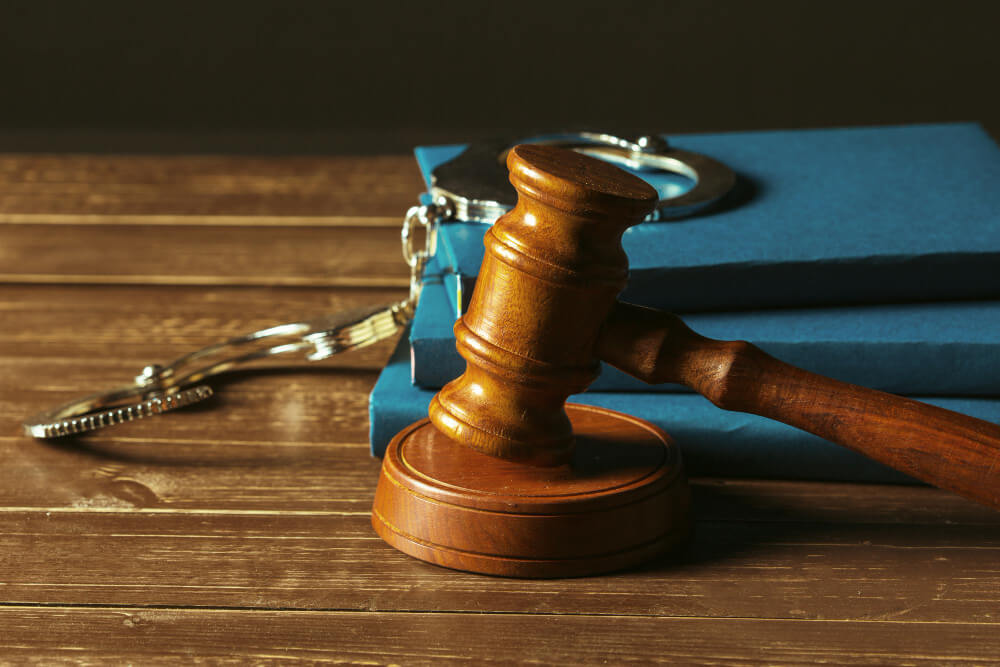On July 3, 2024, a three-judge appellate panel decided the Middlesex County case of State v. Matrongolo. The principal issue under N.J.S.A. 2C:35-14 concerned whether people charged with disorderly persons offenses are eligible for Recovery Court.
Judge Natali wrote for the Court in relevant part: We are satisfied the foregoing reveals a lack of support for the court’s conclusion a defendant is ineligible for Recovery Court if the underlying conviction is for a DP or PDP offense. The eligibility requirements for the two tracks are clear and simple: Track One applies to those eligible for special probation and Track Two applies to those eligible for regular probation. 2022 Manual at 9.
As we recently explained: Every candidate falls under one of two distinct and mutually exclusive tracks. To determine legal eligibility, the trial court must first determine whether the defendant is a Track One or Track Two candidate.
A defendant is a Track One candidate if, and only if, he or she is presently subject to the presumption of imprisonment in N.J.S.A. 2C:44-1(d) or to a mandatory term of parole ineligibility. If the defendant is not presently subject to the presumption of imprisonment or to a mandatory term of parole ineligibility, he or she is a Track Two candidate.
The Prosecutor points to no law, decision, or directive, nor has our independent research uncovered any, that adds to the Track Two criteria the condition that the person be sentenced for a “crime.”
Further, contrary to the court’s decision, a plain reading of the legal eligibility provision of the Manual demonstrates it was not “simply contrasting the two paths into the program.” Rather, the Manual’s drafters clearly titled the section “Legal Eligibility” and declined to condition eligibility on any other requirements. The fact that the program originated from a desire to reduce the number of prison-bound drug offenders does not negate the clearly defined legal eligibility requirements for the two tracks, eligibility for special or regular probation, which have remained consistent. As noted, since its inception, Recovery Court has always encompassed both prison-bound and non-prison-bound defendants.
This issue has never been decided by our courts because the heavy requirements of Recovery Court are almost always going to outweigh the penalties for a disorderly persons offense. Most disorderly persons offenses resolve with “fines only” sentences. Rare cases also call for a term of probation. The rarest cases call for jail time since the maximum penalty allowed is a six-month jail sentence.

